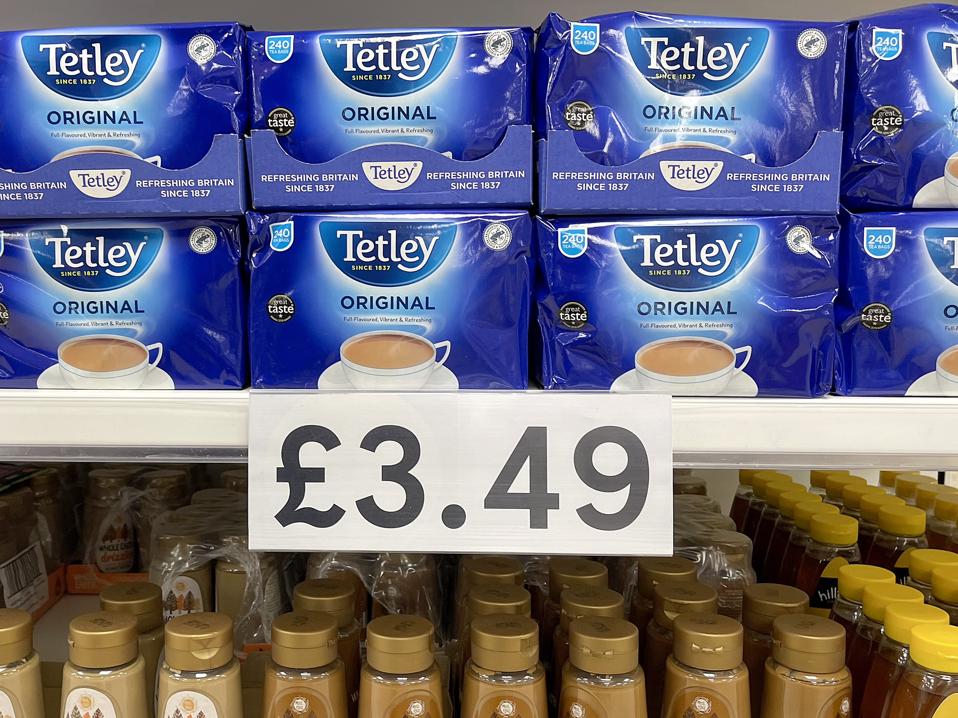The widening war in the middle east is delivering an economic pinch to the UK, a country already in a technical recession.
It all comes back to the war in the middle east that began on October 7 when Iran-backed Hamas terrorists invaded Israel and massacred a slew of Israeli’s. It was said to be the largest murder of jewish people since the holocaust of WWII.
In the following days and weeks the war spread through the middle east and into the Red sea. That’s an area between the Arab peninsular and Africa and serves as an entry way to the Suez canal. approximately Through that canal It comes following the invasion of Israel by . The warring then quickly spread to the Red Sea which is the only route into the Suez Canal through which typically moves around 12% of global trade.
However, as it became clear that many western democracies such as the U.S., France and Germany sided with Israel, Iran-backed Houthi Rebels based in Yemen, which borders the Red Sea began targeting commercial ships which would normally use the red Sea to get to the Suez Canal.
And therein lies the rub. Because one of the world’s largest container shipping company Maersk said it would stop using the Red Sea — Suez route and instead direct their ships around Africa.
The former journey from the Arabian Sea via Red Sea-to-Suez to Rotterdam in the Netherlands typically would take 19 days. Rotterdam is just across the North Sea from the UK, according to the Energy Information Administration.
However, sending a ship from the Arabian Sea around Africa would normally take 34 days, or almost double the time, the EIA states.
That detour would mean it would take many times as long to get goods to their buyers in Europe. That particularly impacted the UK, which has an economy that is 80% services, and very little in the way of manufactured goods.
It’s not only the time it takes to get the shipped goods to the UK that was the problem. The shipping itself would also be more costly. Merchant vessels are typically booked with a payment per day price. The more days the journey takes the more the cost. Plus there are now higher insurance premiums because of the recent attacks and historical ones by pirates from Somalia.
As any economist would know, those extra costs and long delays are hurting UK companies. Higher costs and shipment delays are no good for any business, especially in an economy that shrank for each of the last two quarters.
But there is even worse to come. The UK-based broadcasting behemoth BBC reports that one of the country’s biggest tea brands, Tetley are tight right now.
That’s almost an assault on the Uk economy in its own right. Brits drink approximately 100 million cups of tea each day, according to the UK Tea and Infusions Association. That beats coffee consumption which is 95 million cups a day, according to Nestle. Yes, the British really do love their tea.
I can almost guarantee that a shortage of tea will end up being a near-national crisis.

